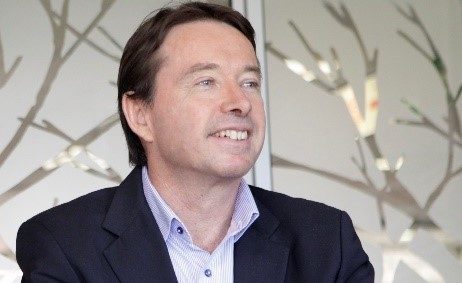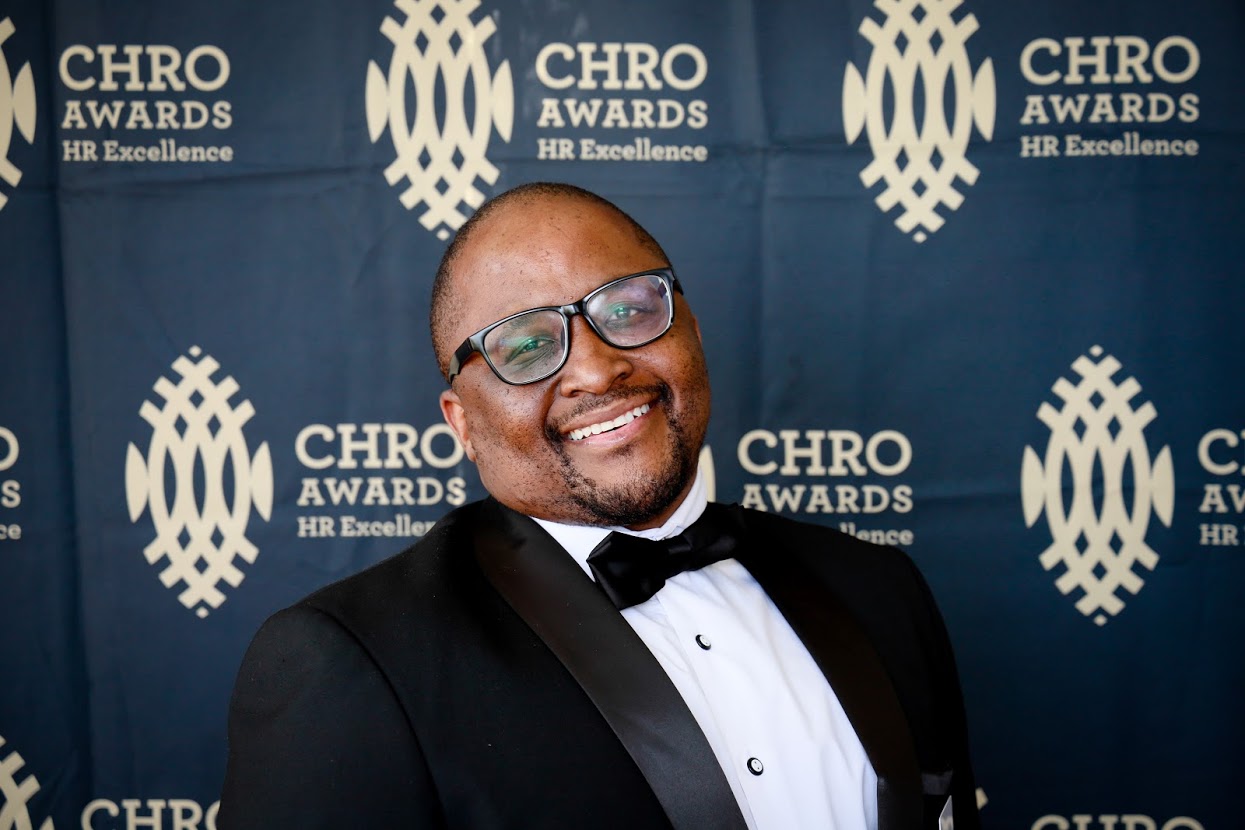Get the strongest talent you can find and let them do their thing, says Trevor
"The critical thing about managing global teams is you have to have like-minded people. You have to have enthusiastic, energetic professionals who believe in what you are doing as much as you do. On one of my global roles at Deloitte, I managed to recruit a team of professionals from our large firms around the world like the USA, Canada, the UK, Australia and the Netherlands. I was able to go and find through their leadership teams, people who were organization design practitioners and who really had a passion to be on the team,” says Trevor Page, Director within Deloitte South Africa and a leader in the firm’s human capital consulting practice. The idea was to have dedicated global groups with enthusiastic teams working under strong leaders.
Trevor says that the key to creating strong teams is for executives to be able to bring in their own people. While it is true that one is bound to inherit some people, some of which might not always buy into the dream that a particular leader has, the ideal situation is for that person to be able to select people who will be committed to their vision.
“Once you have their right people, your role as a leader is to keep the vision in front of them and to keep the momentum going. Obviously, from a professional perspective, you must always add your perspectives but I believe that, if you allow the team to flourish on their own, they'll come up with all sorts of things and they will manage themselves.”
He says that one of the big motivating factors at Deloitte is that there is generally four-to-five-year handing over of leadership responsibilities, after which people can move on to do other things. It’s an approach that beats any kind of formal education because the world is changing so rapidly that building valuable knowledge and staying current is critical to being in an advisory business.
“You find that every four years, you can virtually do away with project deliverables that you did four years ago because a lot of content or models are no longer applicable. That means you have to be up to speed with regards to business as a whole as an HR professional. One has to be up to date with where any given business is going and what the particular industry issues are. That is why it helps to have cycles where, for up to three or four years, our people can dedicate their focus to one field and thereafter they can refresh. It’s a great way to keep people engaged and it helps a lot without retention.”
[chro-cta slug=a-look-at-the-2019-chro-awards]
Taking millennials seriously
Part of the secret to Deloitte’s success in being able to build strong teams is that they take millennials seriously. So much so that there is a millennial board in the company firm, which advises the organisation on issues affecting their generation and their views of the future. Senior leaders pose questions to them about what kind of consulting solutions they think will be required in the future, for example, and Trevor says their recommendations are very different from what Deloitte is doing today.
Says Trevor: “It's a board that advises the executive of both the firm and in the different divisions on issues affecting the millennial generation. These are people who were born in the period after 1986 so they are people up to the age of about 30. Their views are very important because remember that in 5 years’ time over 50% of the people working in our clients will be millennials.
“While this is quite daunting, it is also very challenging and exciting. Because, if you ignore millennials and you have Generation X predominately making the decisions or advising clients not only on people issues but on technology or strategy, for example, you could actually be designing for the past and not the future and are missing a massive and important demographic.”
Investing in talent
Another critical element to building strong talent pools is that companies have to put a lot financial and non-financial support towards the development of their internal talent. Trevor says it's always been the case that, given the historical imbalances in the country’s education system, there are still massive residual imbalances. He says it is simply not sustainable for a company to continuously poach ready-made talent from other companies.
“You also can't get all your audit trainees or your young interns for consulting from the traditional blue-chip universities because everyone is looking for those people,” says Trevor.
“There aren’t that many graduates from the top universities available because everyone is hiring those people. What about the people who come from the other institutions? In most instances, they are just as smart as those from the leading universities, but there are educational and perhaps experience gaps. Sometimes it is just a matter of improving someone’s confidence or about filling the gaps between what second or third-tier university education and a blue-chip university education offer. I think corporate South Africa, as a whole, has an obligation to do that if they want to continue to conduct business here and on the continent.”












